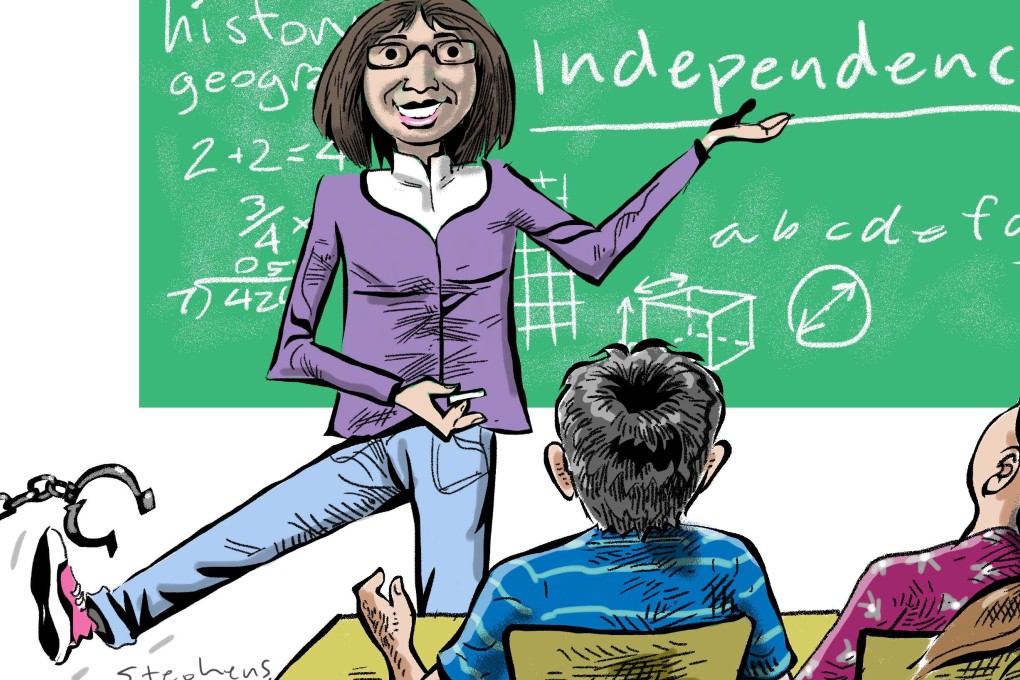Why Hong Kong schools provide an ideal platform for discussion of independence, and other contentious issues
Kerry Kennedy says educational establishments offer a controlled environment for rational and open debate – the hallmark of a tolerant and just society – in stark contrast to social media where hate and prejudice thrive


A more rational attitude is needed to encourage the community not to be afraid of new ideas, to enter into respectful but nevertheless spirited debate and to resolve issues not by the heavy hand of bureaucracy and government but through deliberation and open discussion.

Teachers’ personal views about any topic should not influence what they teach, who they teach or how they teach
For example, recently, localist supporters promoted a public television viewing of an Olympic badminton match between Hong Kong and mainland Chinese players in order to jeer at the China players and cheer the Hong Kong team. This is populism at its worst. It is similar to the anti-immigration discourse that characterised much of the UK’s Brexit debate and the anti-Mexican and anti-Muslim discourse that is at the forefront of Republican Donald Trump’s presidential campaign.
Different brands of localism need to be distinguished and some need to be extinguished because they do not reflect a true democratic spirit. Racism and social discrimination have no place in a democratic society and those supporting such social practices need to be called out not as “localists” but as “populists” seeking to spread hatred and fear.

‘Students can discuss anything under guidance of teachers’: Hong Kong education minister breaks silence on independence talk on campus
Teachers who should be able to expose this kind of weakness in the current localist discourse have recently been reminded that their role is not to “preach” independence in their classrooms. Of course, this is correct, and why the group of school principals responsible for this warning felt it was necessary is not clear.
